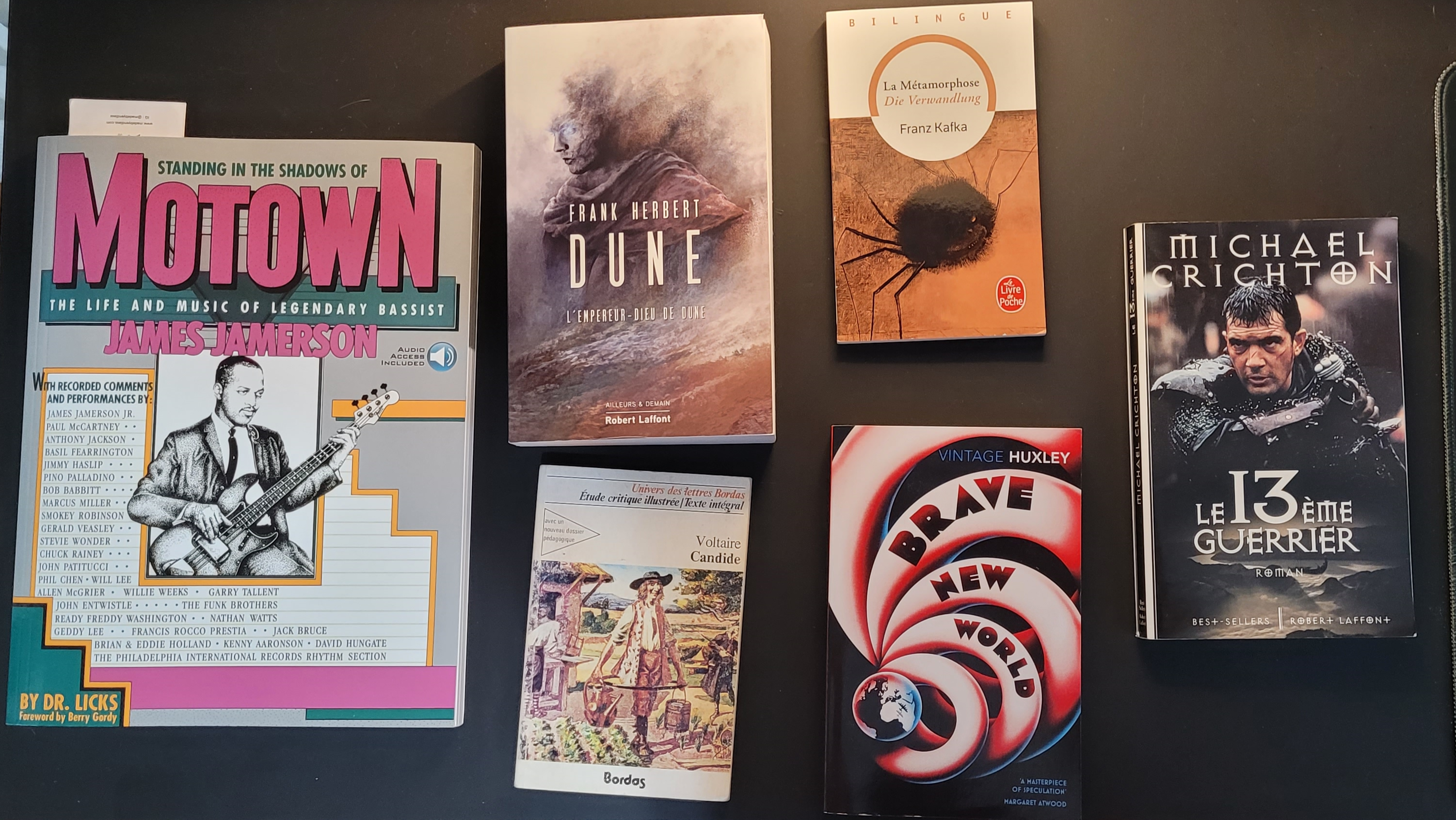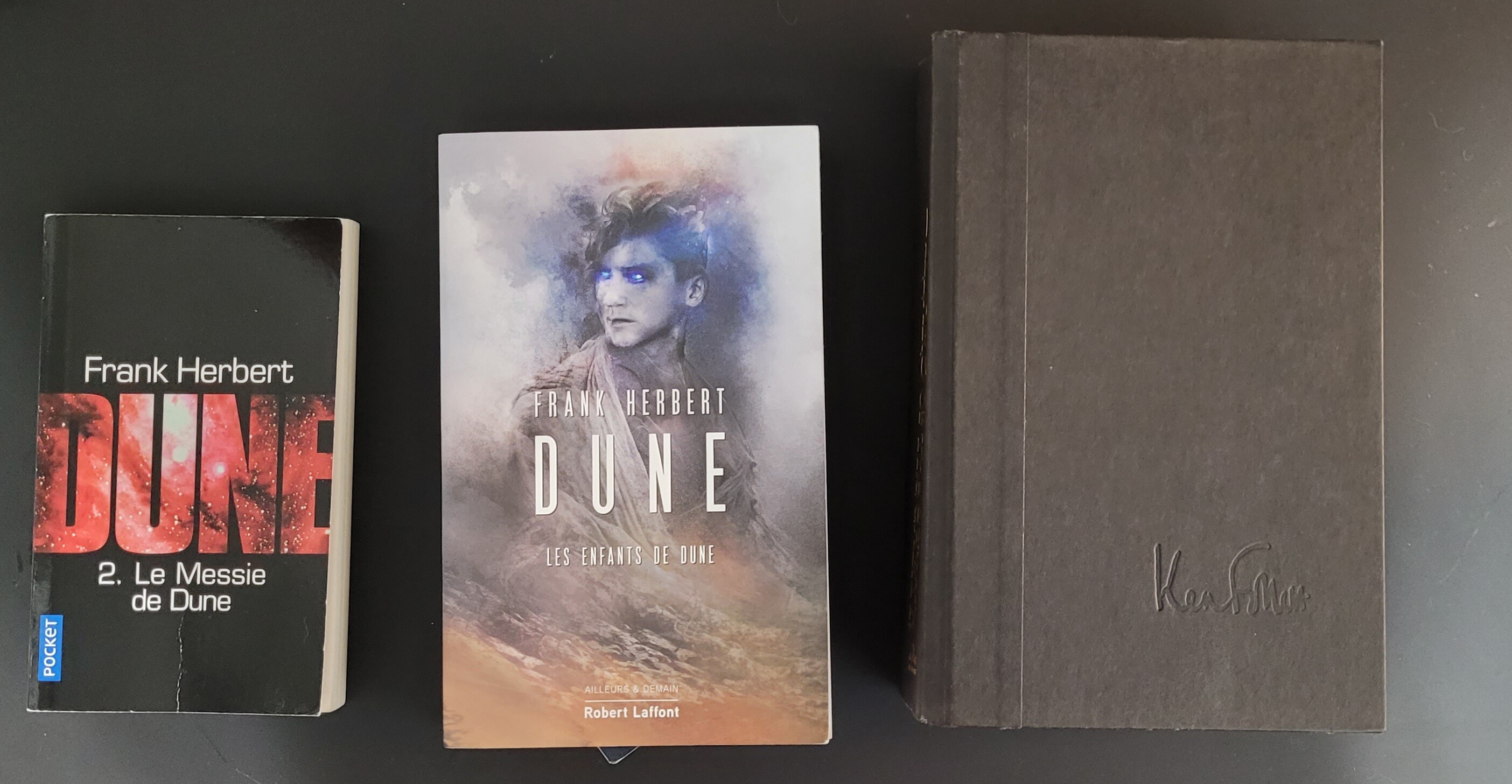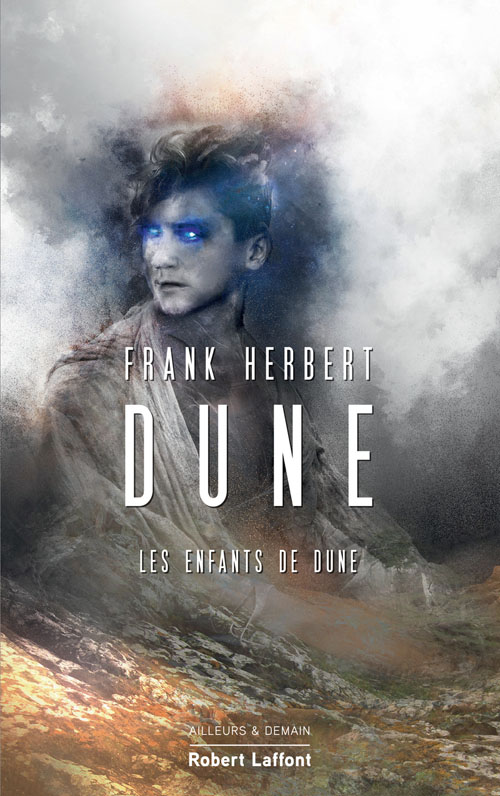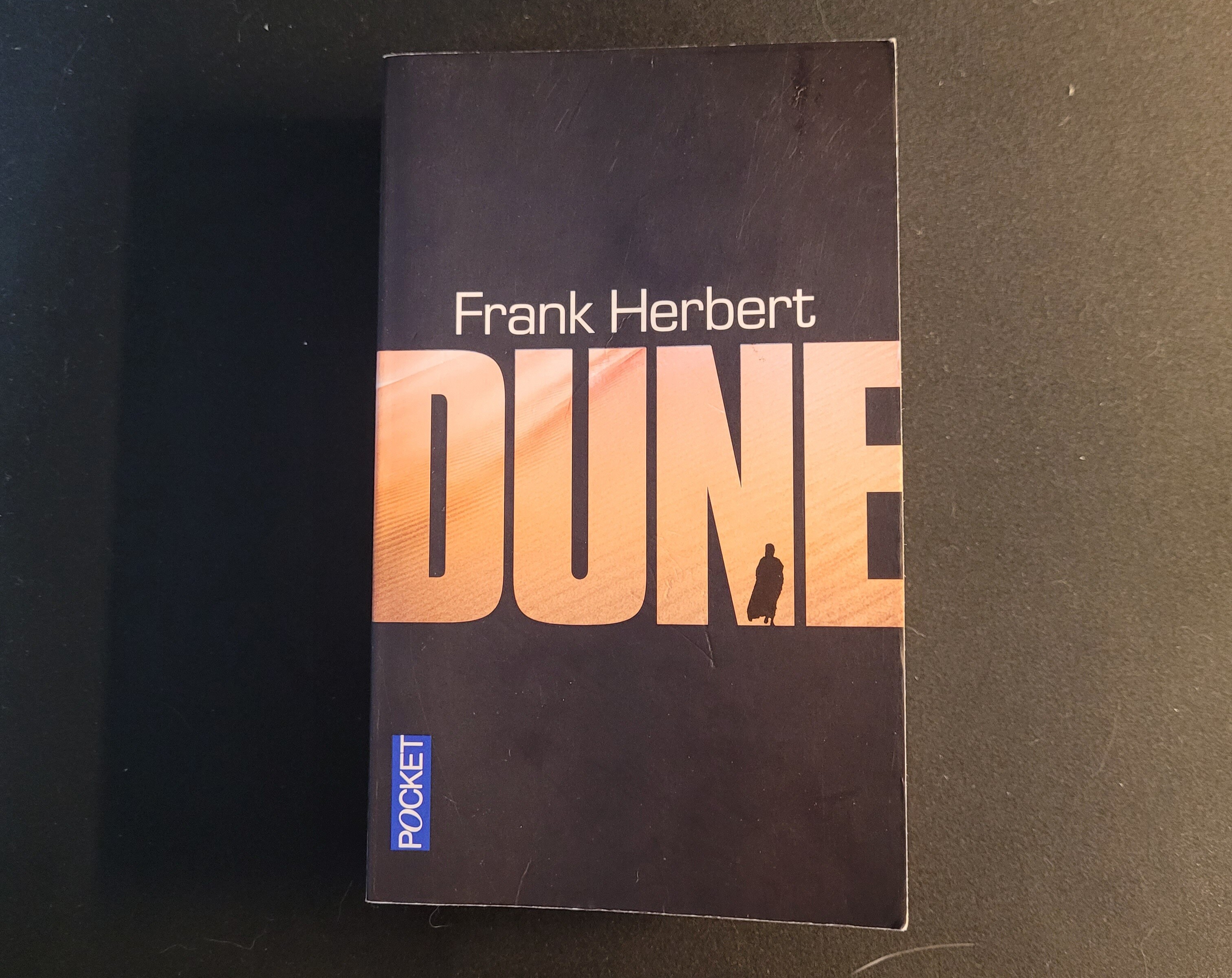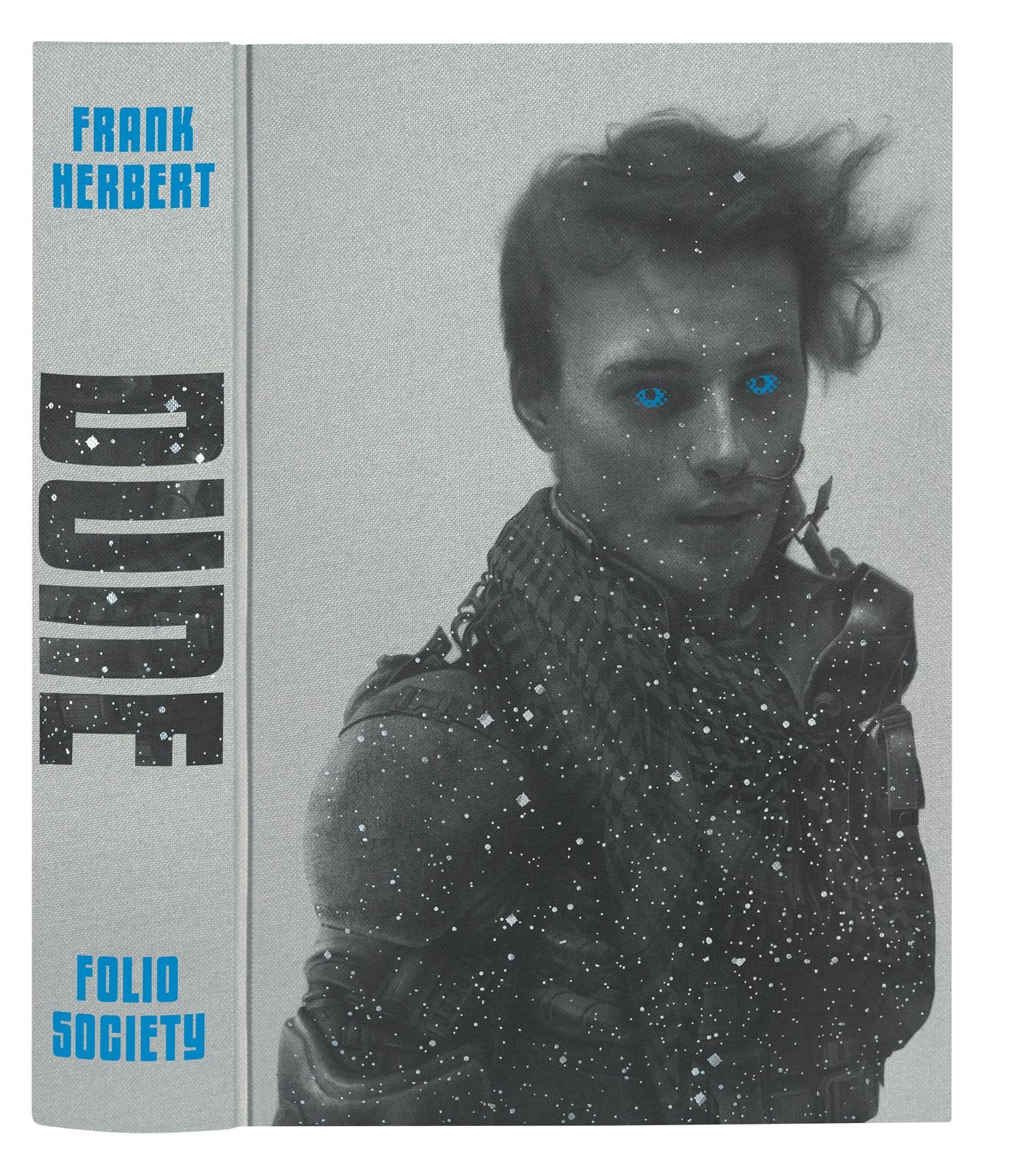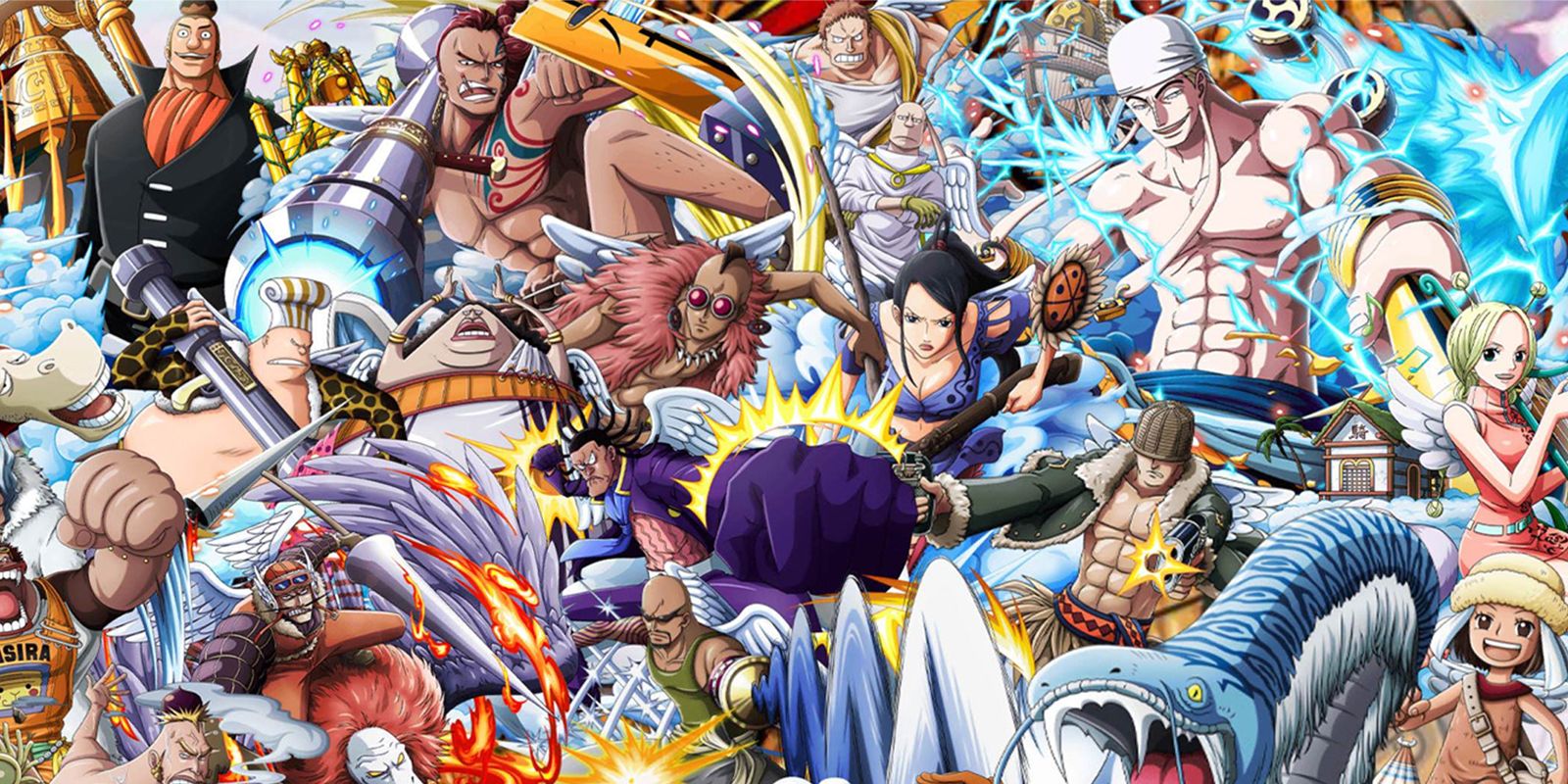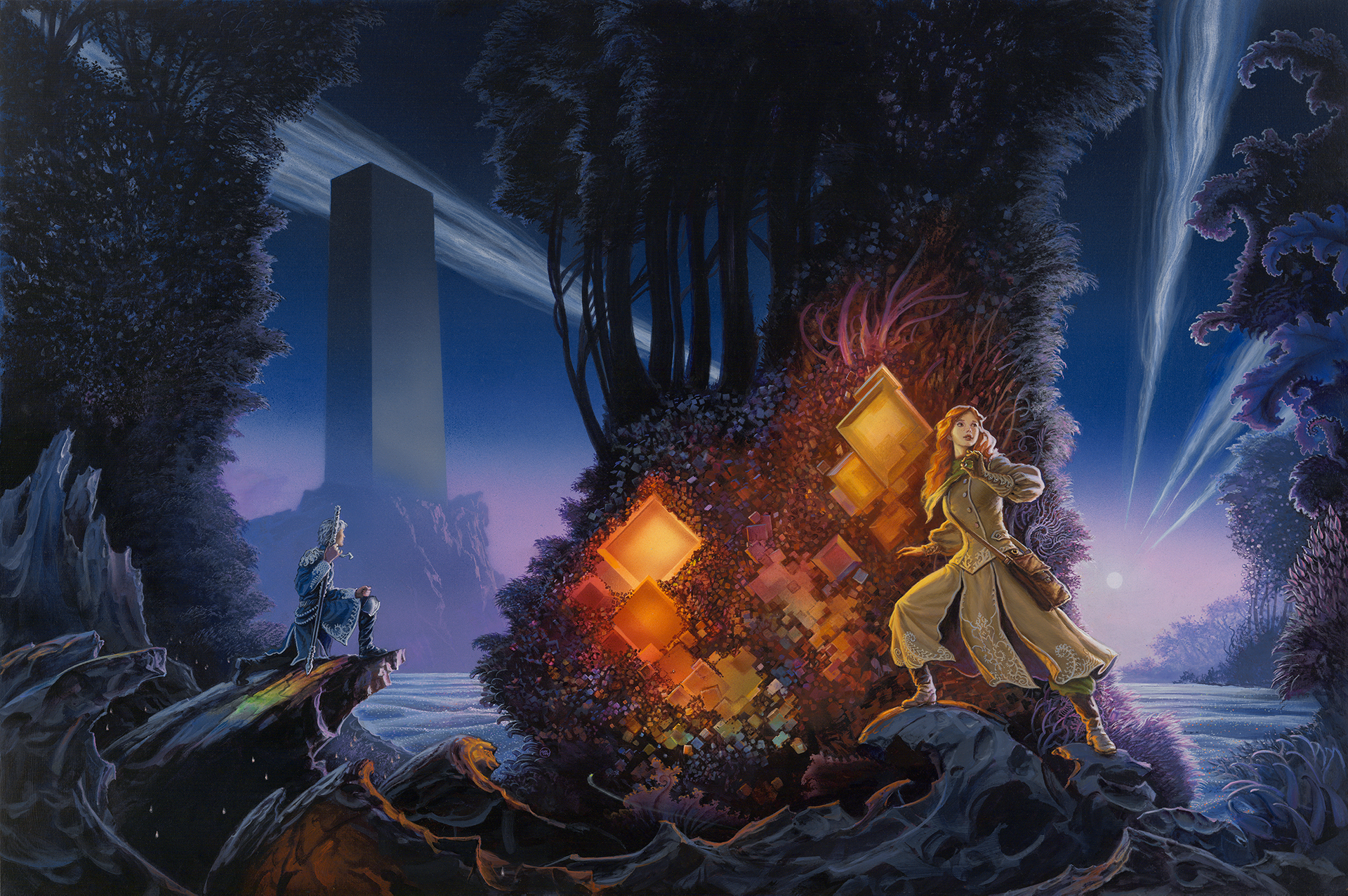December Readings
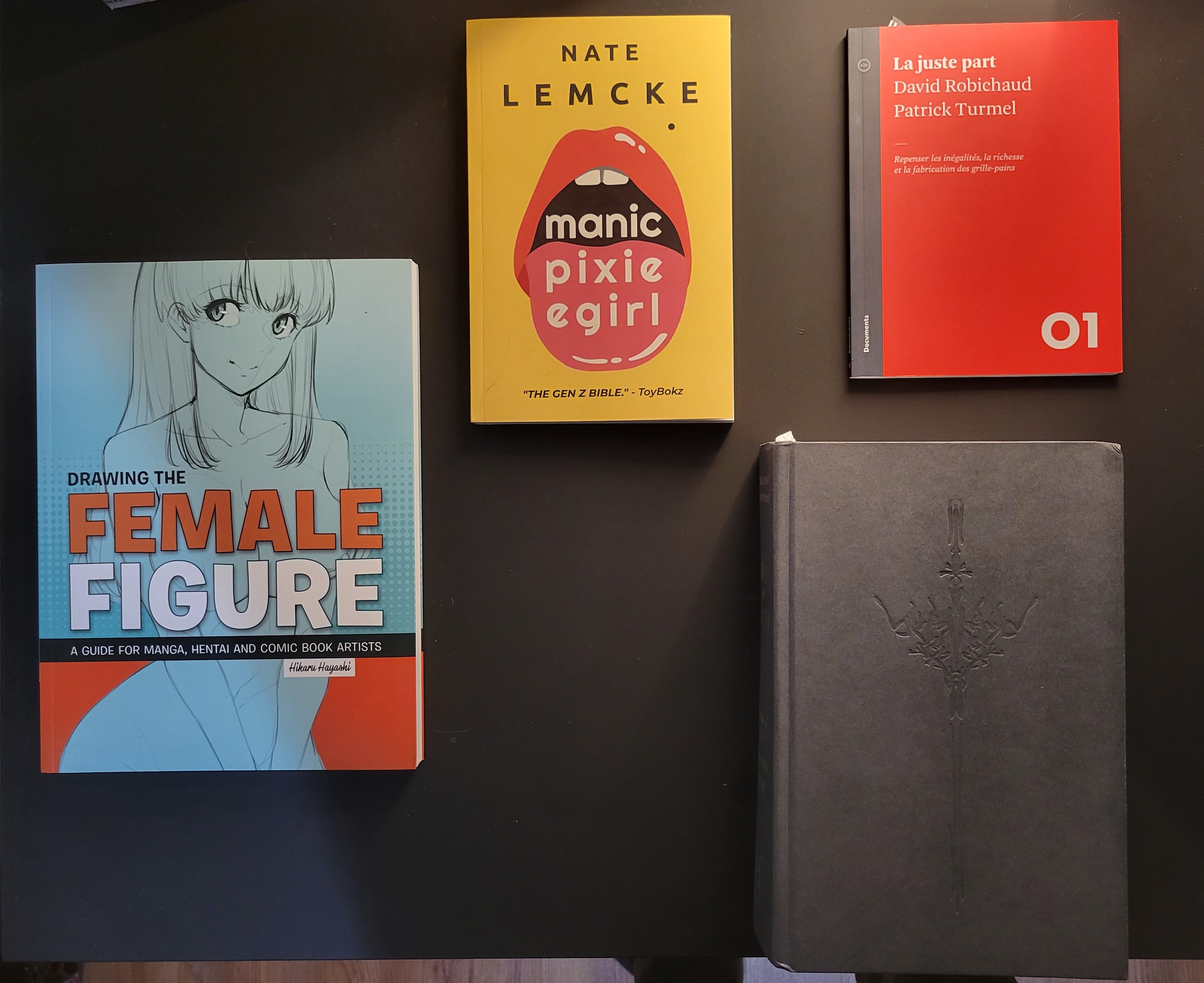
Another late reading report, I'm starting to make it an habit. In my defence, I had no access to the internet for my laptop, so I couldn't have possibly released it sooner. The backlog is done, and I've released all the articles I wanted for the year. While I'm catching up on other things that had taken the backseat due to the backlog, it's also the holiday season, so I have more reading time overall. Unfortunately, I had to spend it reading the monstrosity below:
Manic Pixie e-girl – Nate Lemcke
I have so much to say about that book, but as it is part of the bookclub white elephant, I will refrain to speak until we get the presentation.

Drawing the Female Figure: A Guide for Manga, Hentai and Comic Book Artists – Hikaru Hayashi
Not that much to say about that book, as it's mostly pictures, and it's also part of the bookclub white elephant. So again, I will refrain to comment on it until we get the presentation. I can't wait to see Oncle's drawings.

La juste part (The fair share) – Patrick Turmel
Neat little book. The main thesis of the book is rebuking that the disparity of capital ownership is moral. It often uses a philosophical angle, and debunks some common arguments meant to oppose redistribution. It also shows that the redistribution is not only morally just, but also beneficial to a society as a whole.
I found the book interesting in its arguments, but thought it was a bit shy in its criticism of capitalism. It also chose to debunk/support arguments that were a bit too obvious and easy. Yeah, obviously redistribution would be beneficial to a society, rather than having a select few hoarding everything. Yeah, obviously having people who own everything is harmful to democracy. Don't get me wrong, the book is decent, but maybe my expectations were for it to go further than: it's bad to have a society where the overwhelming majority of people own nothing, and a couple of people own everything.
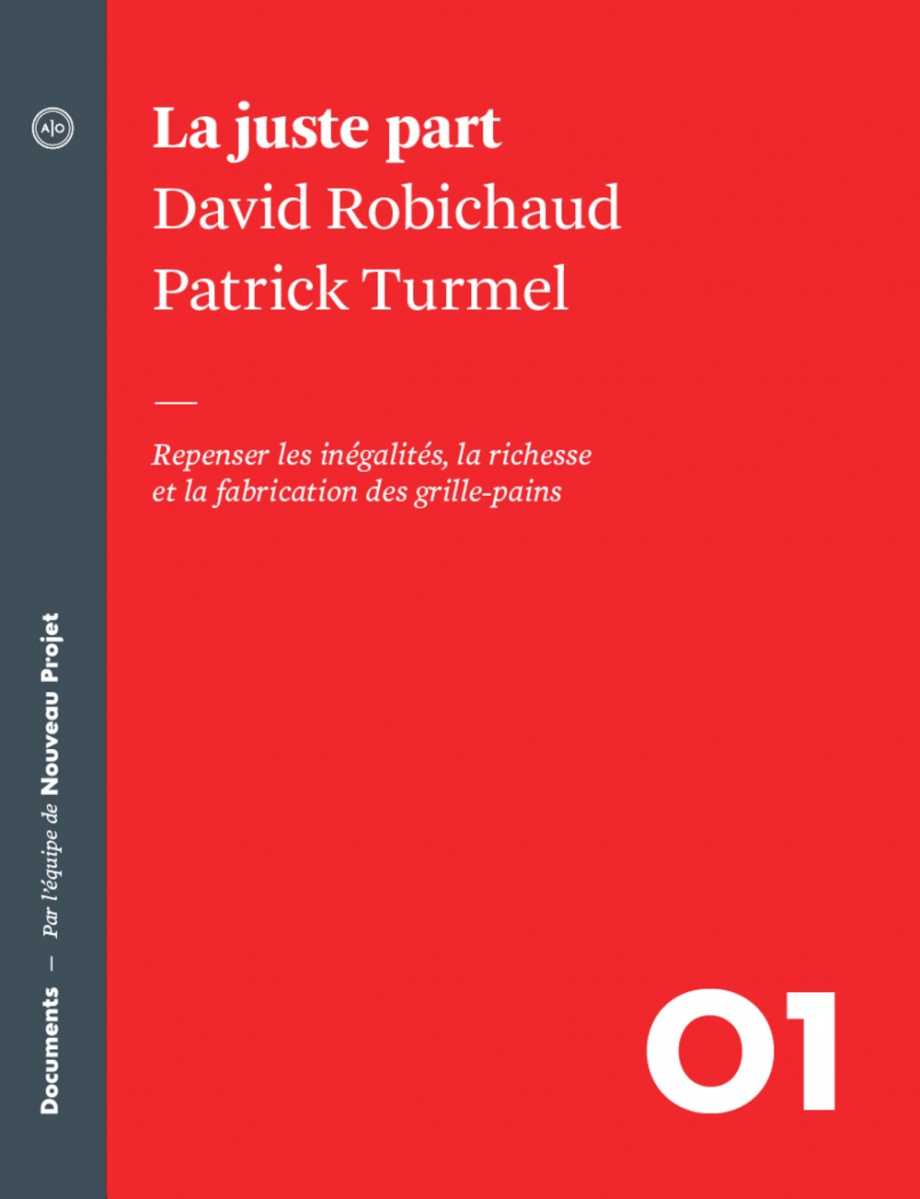
Wind and Truth – Brandon Sanderson
The GOAT is back with a new entry in the Stormlight Archives, and this is the last book of the first arc. I will not provide a synopsis here, because the other four books before this are all 1100+ pages, and it would actually make no sense to anyone that hasn't read those.
This is the longest book I have ever read, clocking at 1344 pages, and honestly it was almost great the whole way through. It slowed down a bit between pages 900-1000, but then we're back. I really liked the direction that my boy Brandon took a lot of the characters in story-wise, and I was hooked to most story lines. One issue that I had is that a lot of characters have had plot lines resolved in the previous books, so they only have one remaining internal conflict left here, and it really makes most of them a bit too one-dimensional and one-note. The themes are also very ham-fisted, which I didn't really like at all. The one things that really took me out of the book for a little bit was the whole mental illness language used in the book by the characters; the societies in the books have no concept of mental illness, and suddenly now everyone talks with IRL mental illness sensitivities, using therapy appropriate language. It's a bit jarring for some characters.
As usual, the book is divided in parts, and between those are sandwiched some interludes. For once, those were a pleasure to read (I had some trouble with them in the previous volumes). The story is great and the world build as usual first class. We finally get some answers on the big mystery of the universe, but at the same time still get more questions. It's just good, but my man Brandon really need more editors, this book could have been much better written, and easily 200, maybe 300, pages shorter. It's good, but could easily have been great with more effort from the author.

Murder at Haven's Rock – Kelley Armstrong
Back to the Rockton Series, after having last read it in September. For the synopsis, please refer to Elisa's Reading Roundup: Finding my Book Twin
We're back with Casey and Eric, in a new setting. Gotta be honest, I was kinda of a hater on this one. The formula is starting to show, and I don't like it. Casey and Dalton split up all the time, for Dalton to run into the forest cause his keen eye has caught something. He never catches anything (just like in the previous books), and by now they should have learned that something bad always happens when they split up. Another classic is Cassey (a god-damn great detective — or so I'm told by everyone in the book) never figures out who the bad guy/girl is until they are literally shooting at her or other people of the town at the end of the book. People behaving like robots, and unnatural dialogues are other classics that we can find here. Apart from that, the writing is still engaging, and fast-paced, not wasting our time. I do miss the town and its inhabitant, as they at least brought some interesting interludes between the investigations bouts. It's not bad by any means, it's entertaining as usual, but it's a bit too formulaic despite the change of setting. I hope for some more originality in the next book.

No manga this month, took a little break. But I still read a lot. A year of reading and I've got about 39 books and 667 manga chapters under my belt. Not too shabby. Apart from a couple of dishonourable mentions, especially the first book of this review, it has mostly been a blast. I feel like I am at a good reading equilibrium, between staying in my comfort zone, and being more adventurous with my readings. My backlog of books is as long as my arm, but I think I'll make a decent dent into it next year. I am in no rush. Happy New Year.
Thank you for reading my logorrhea Eddie
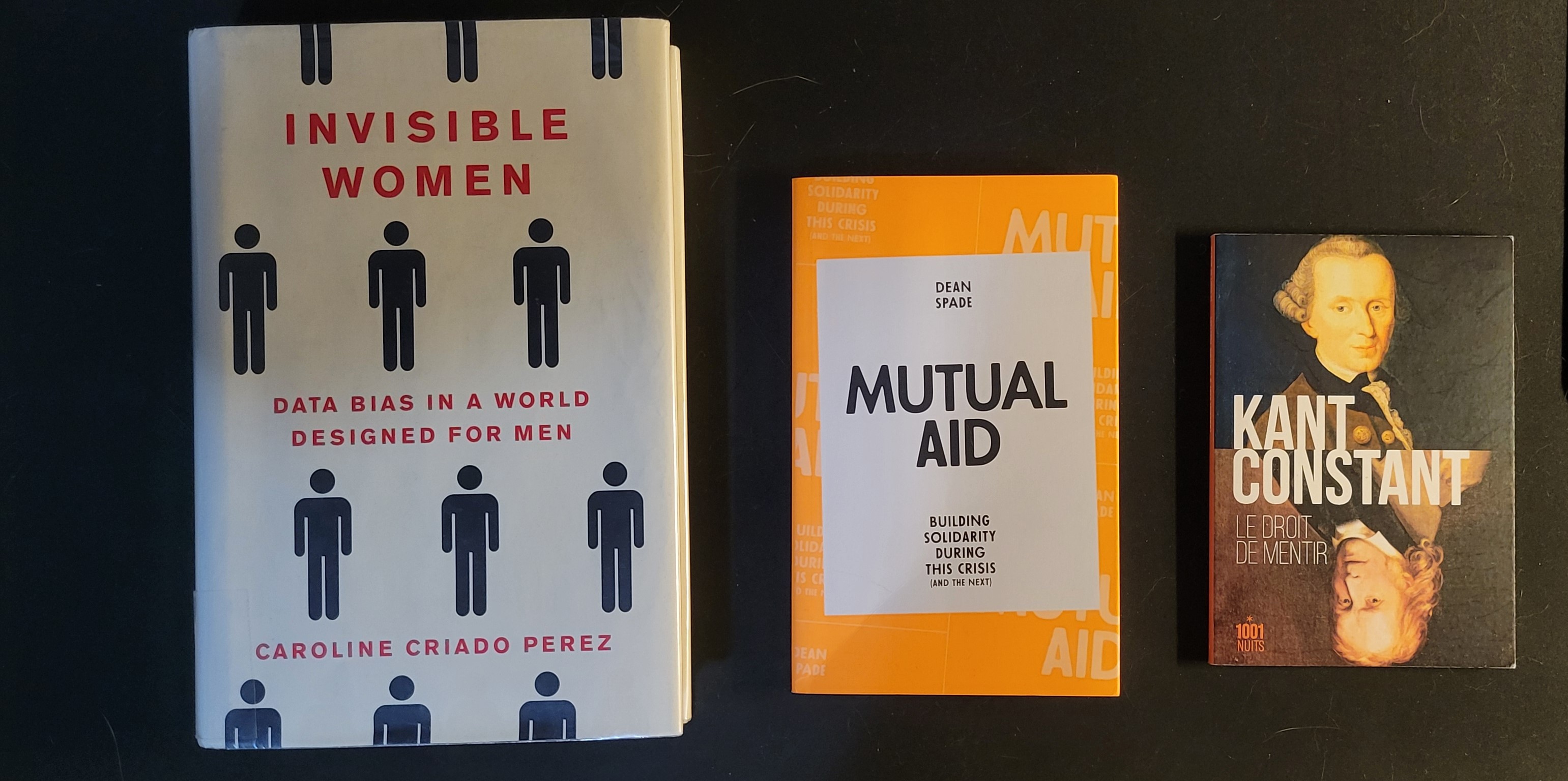
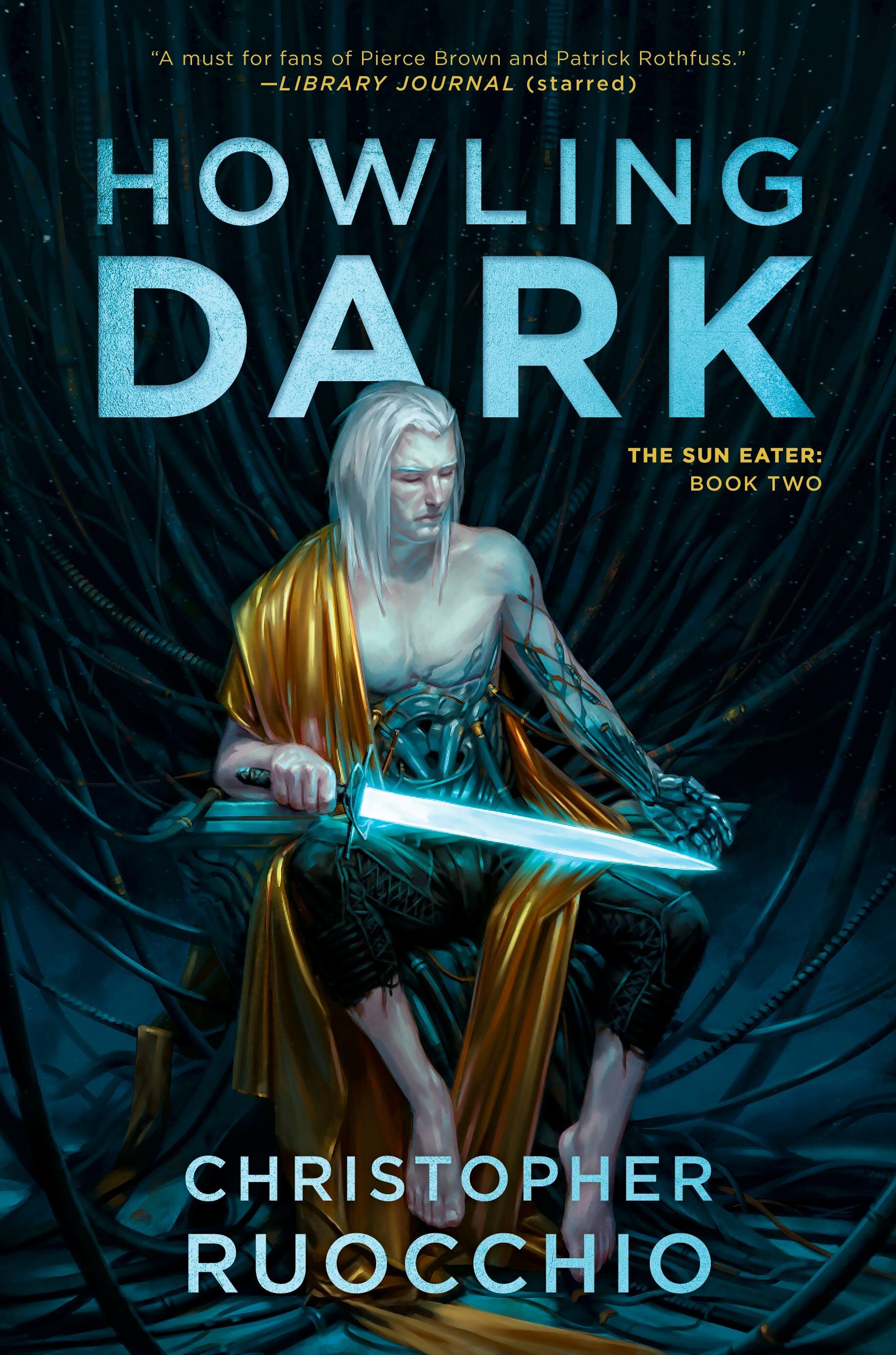





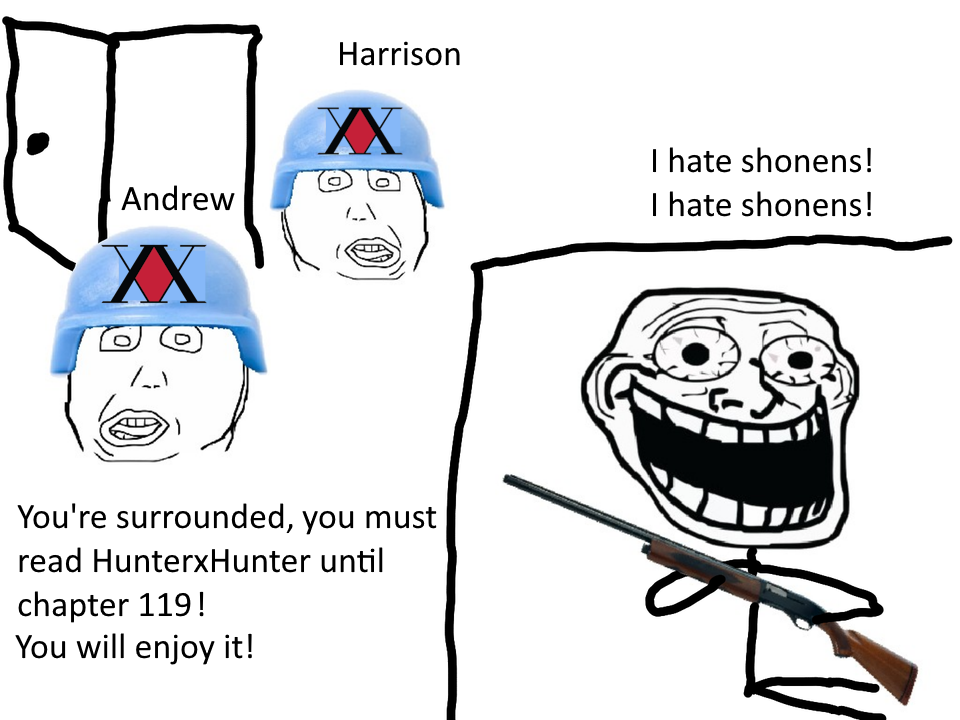
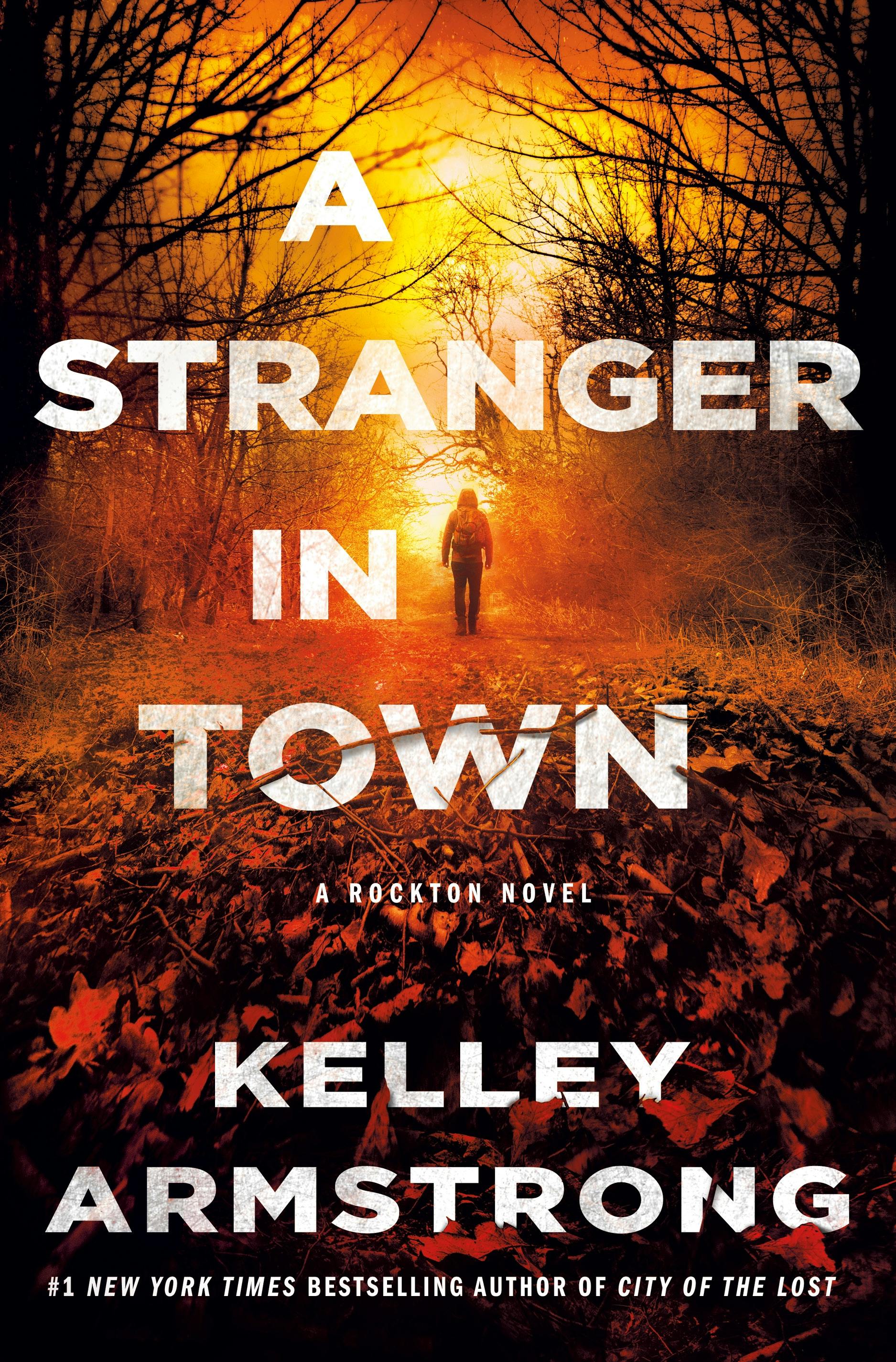
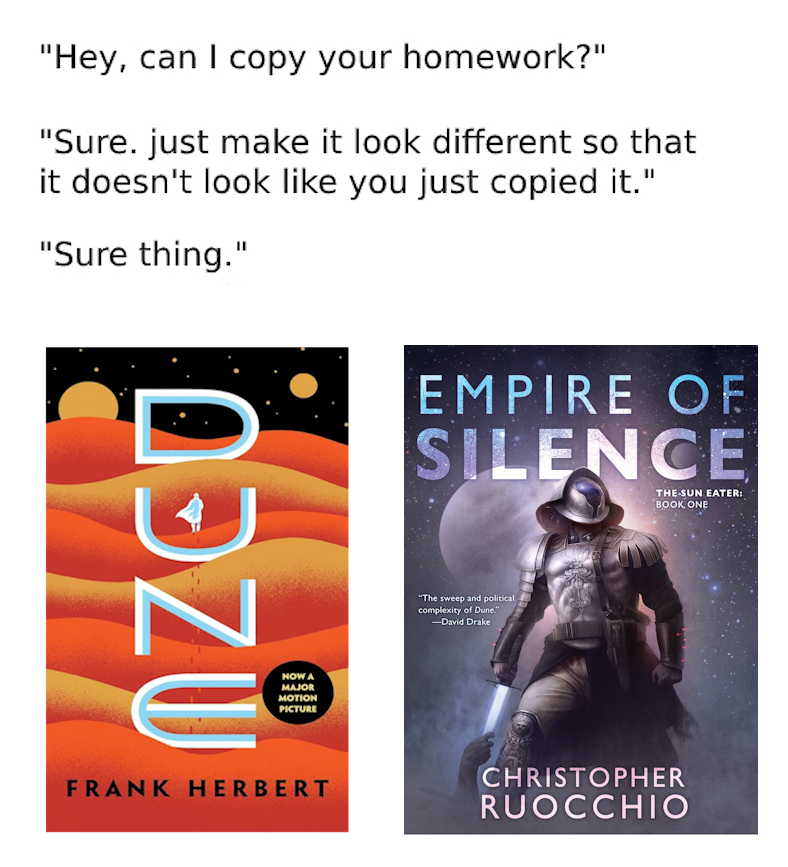


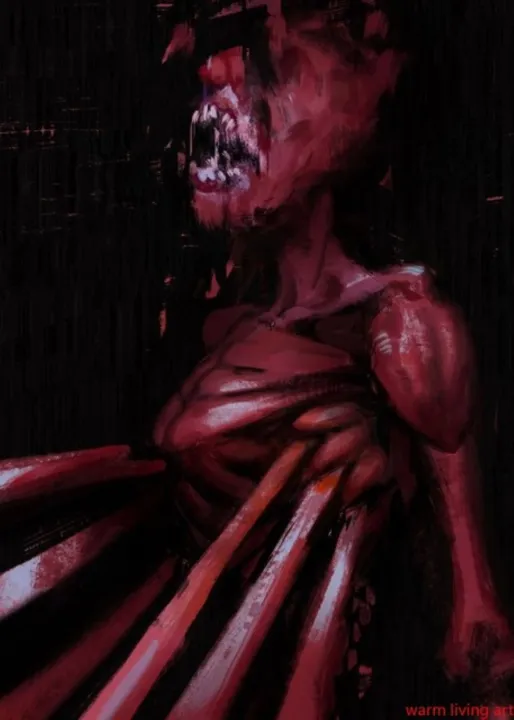 This is the original version that I like better, but couldn't find in high definition)
This is the original version that I like better, but couldn't find in high definition)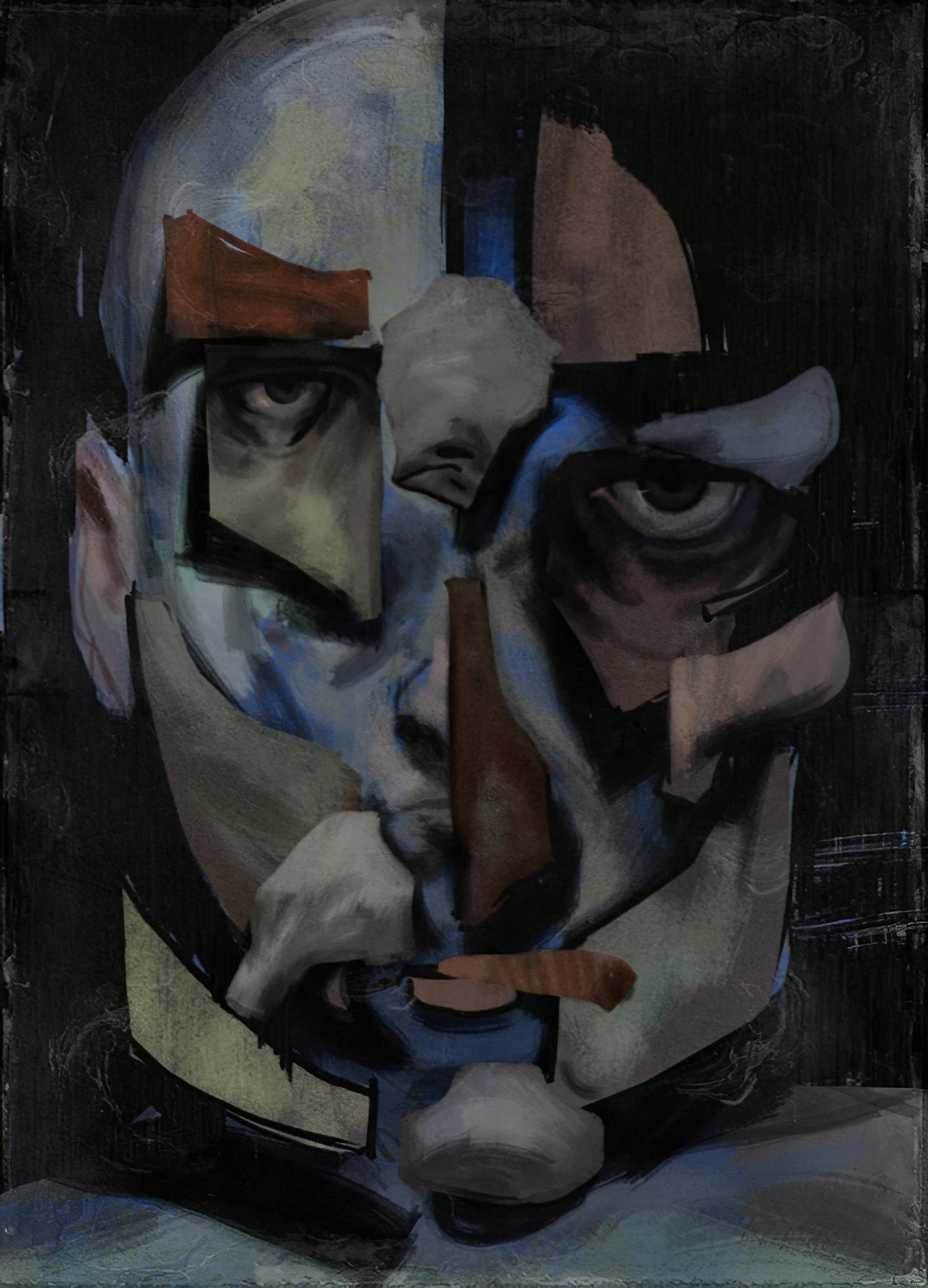 I also love encyclopedia
I also love encyclopedia

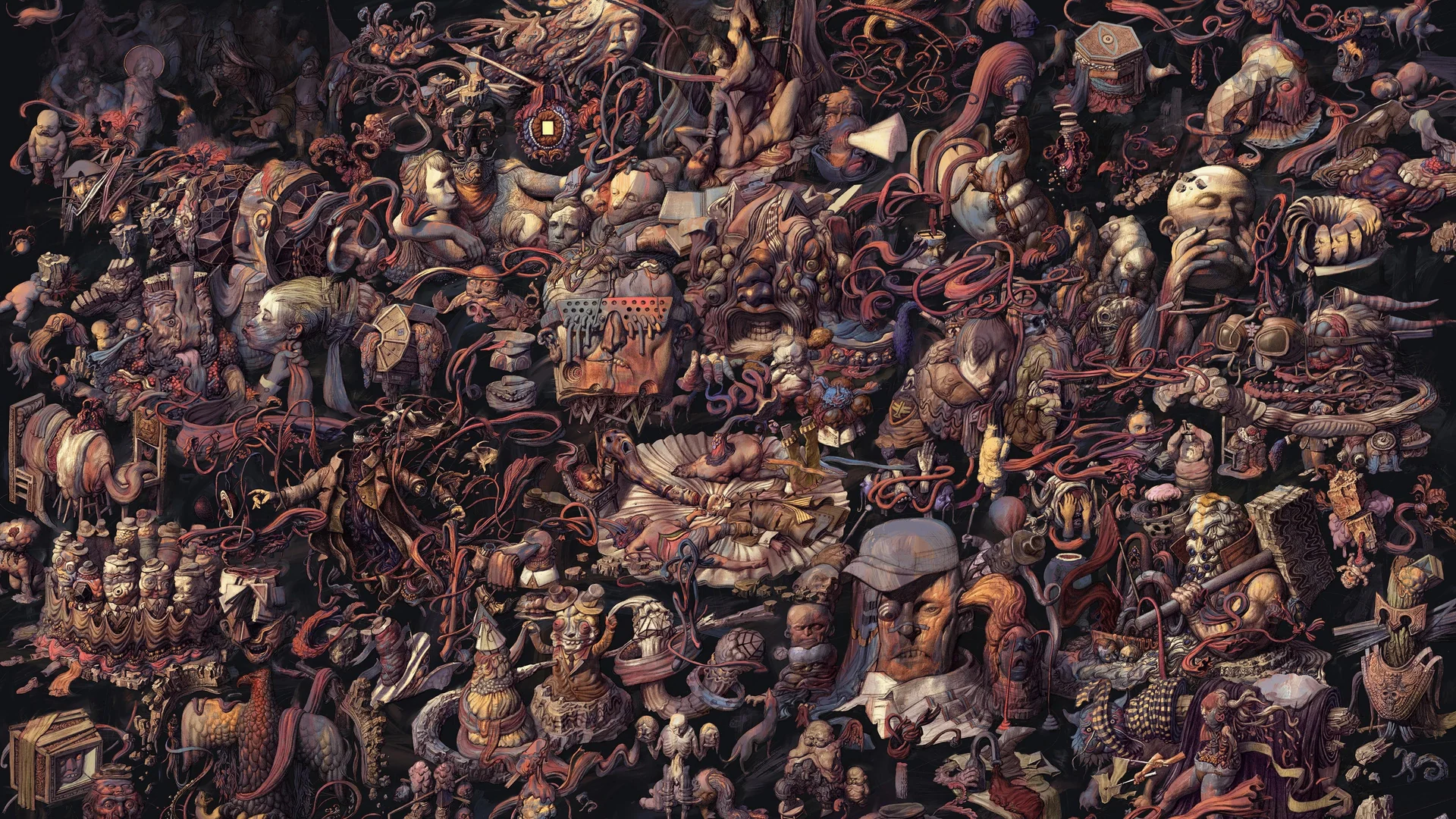
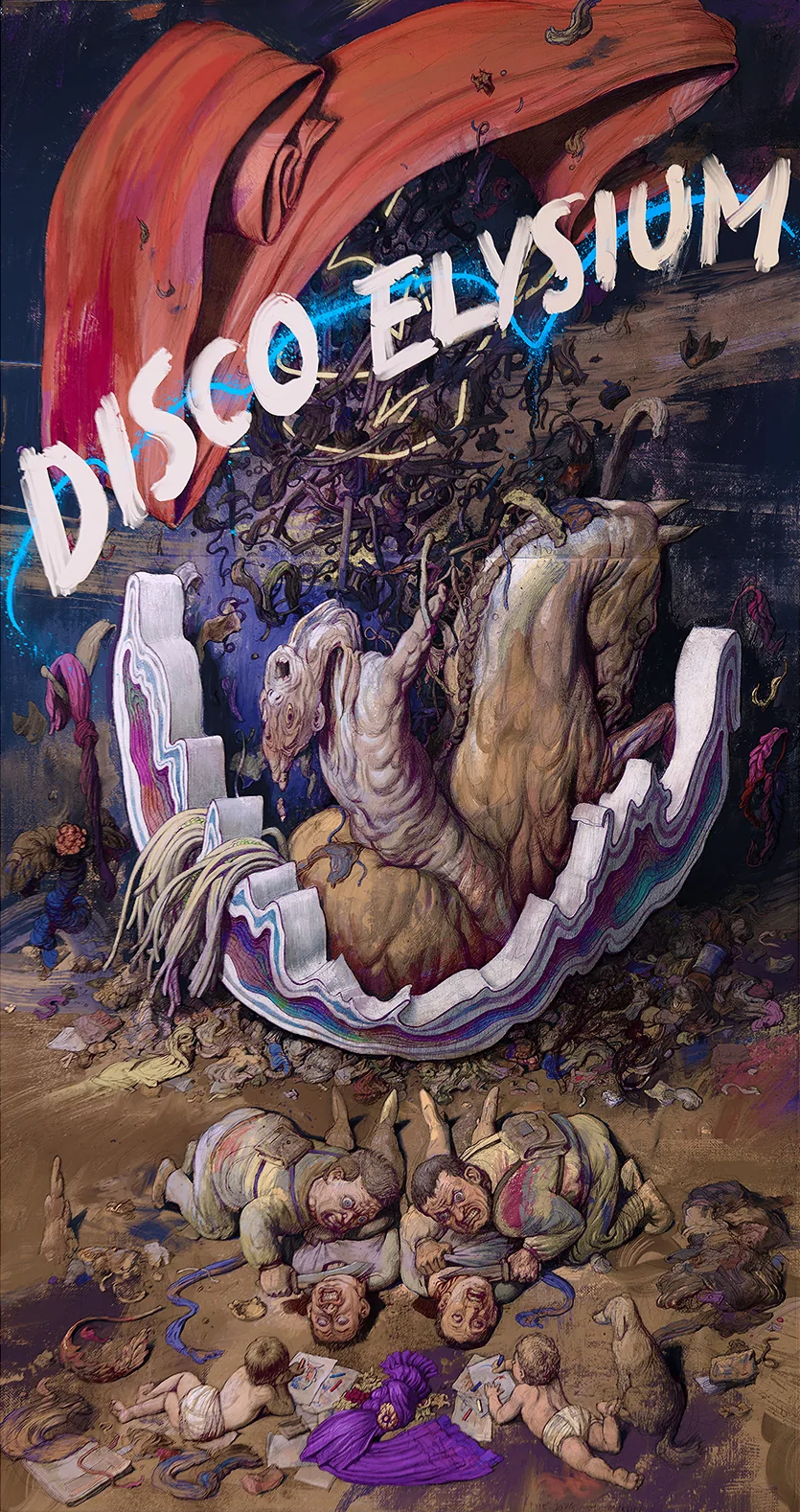 In the artbook, the painting is a bit different, with a black character having a knife on a white one, and vice-versa for the second pair
In the artbook, the painting is a bit different, with a black character having a knife on a white one, and vice-versa for the second pair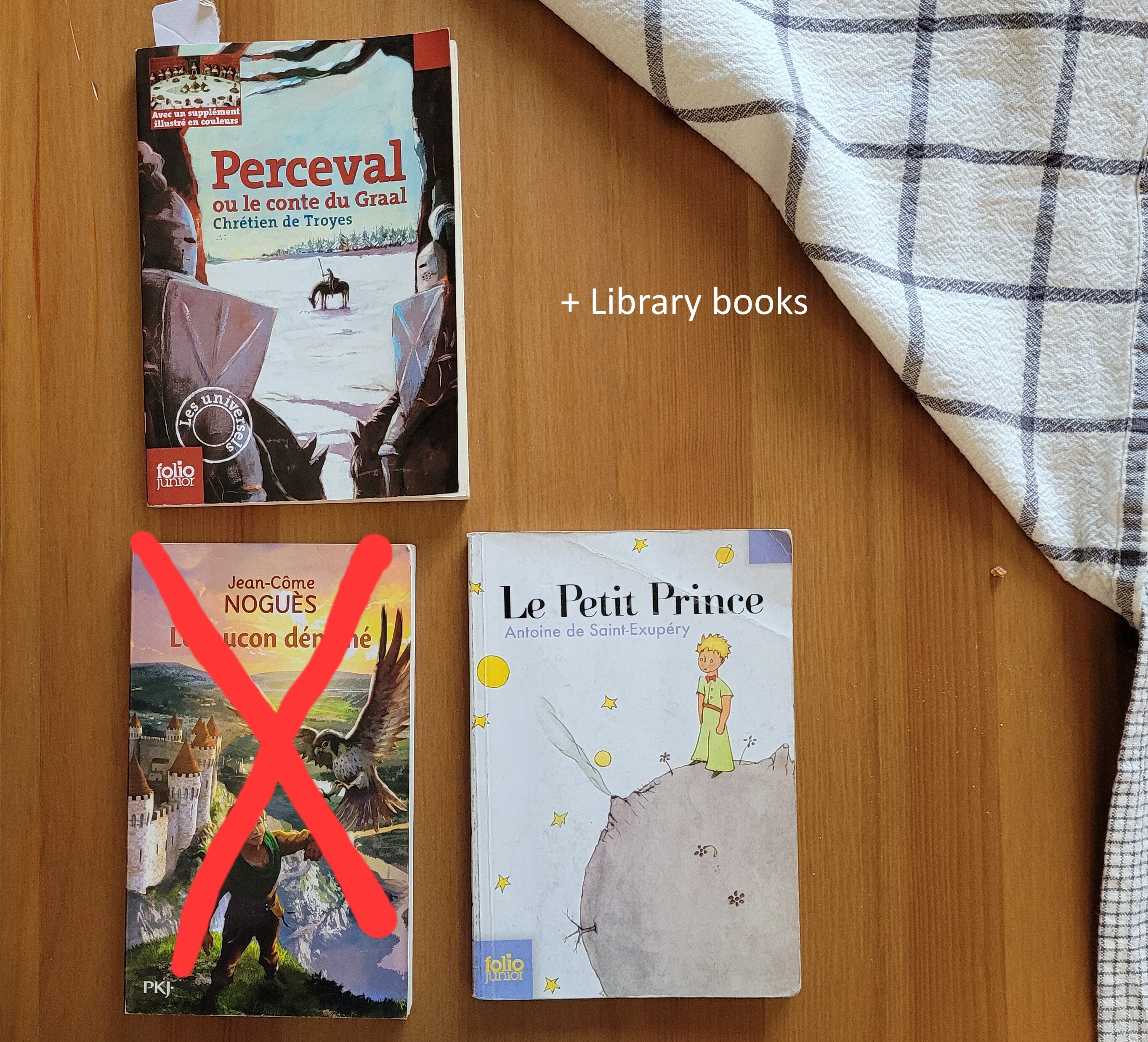
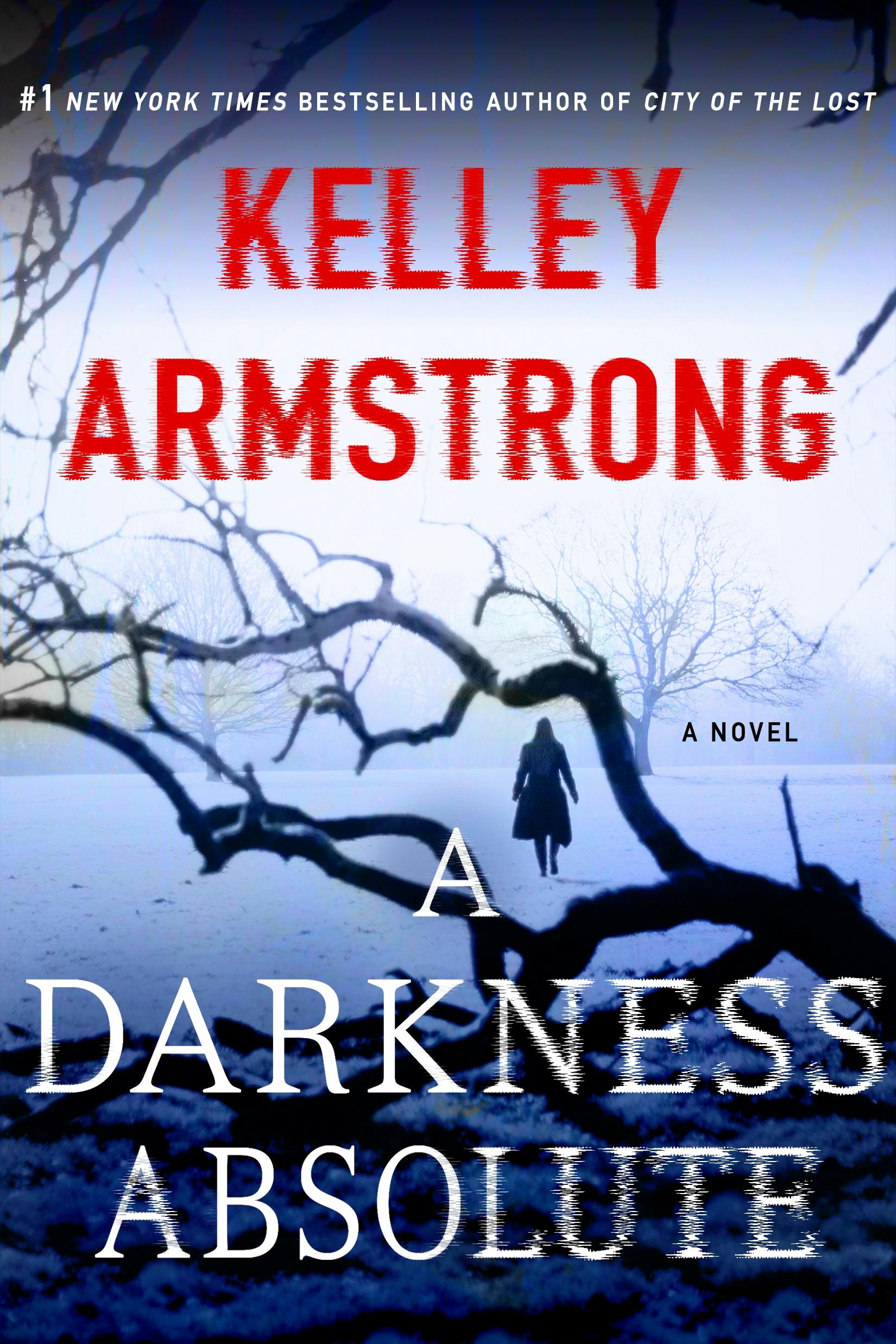 A DARK BSO
A DARK BSO
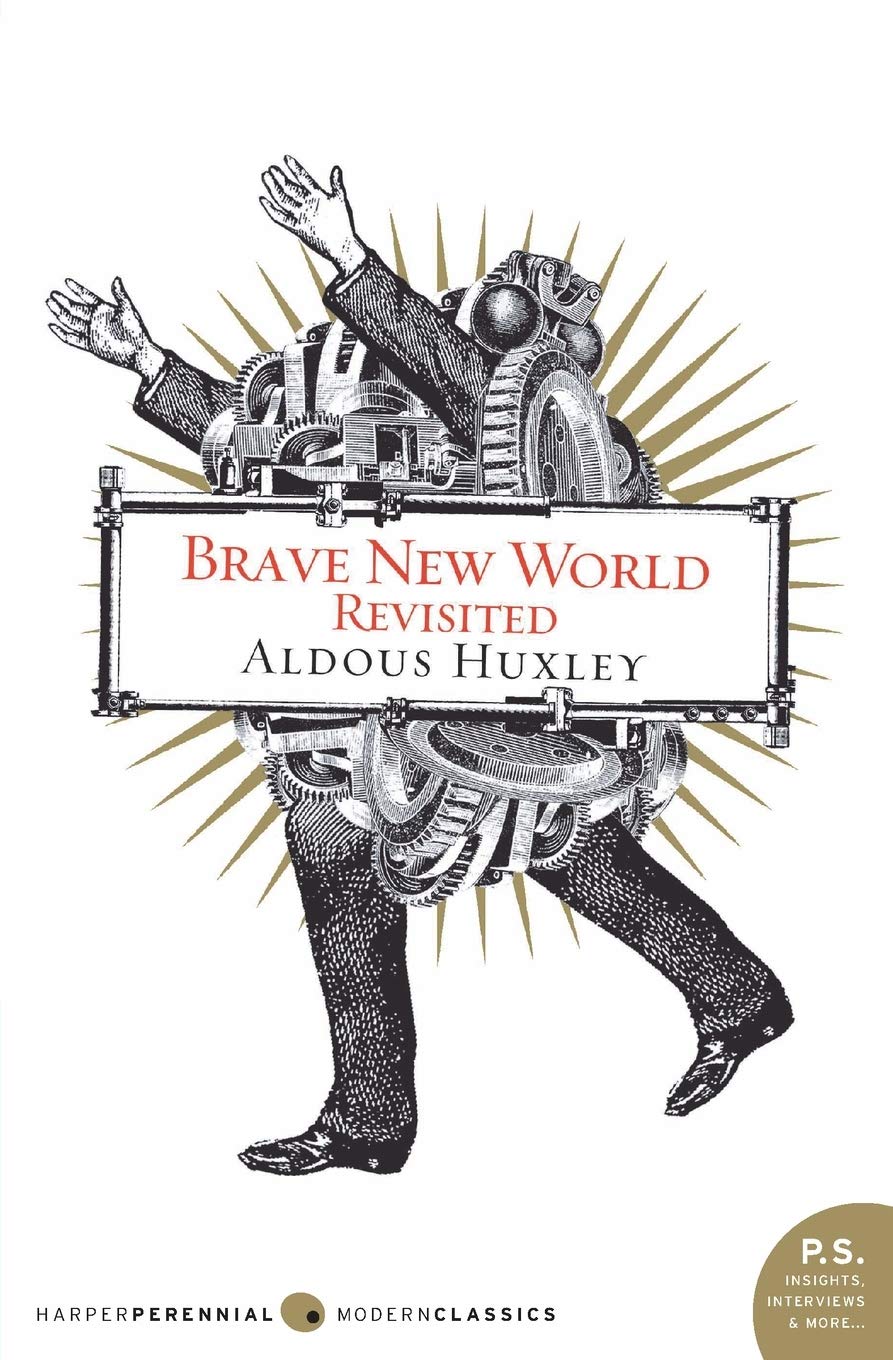



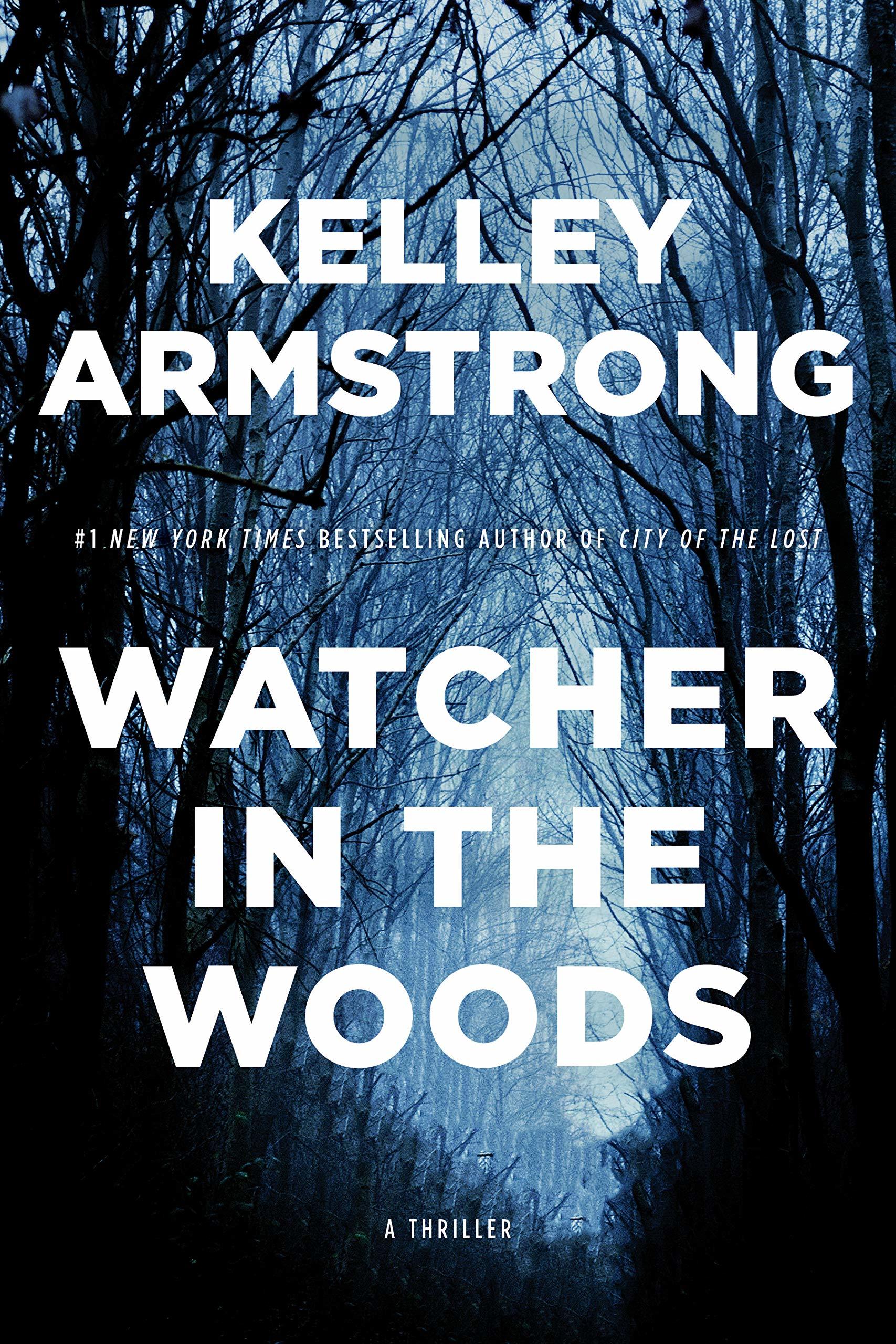

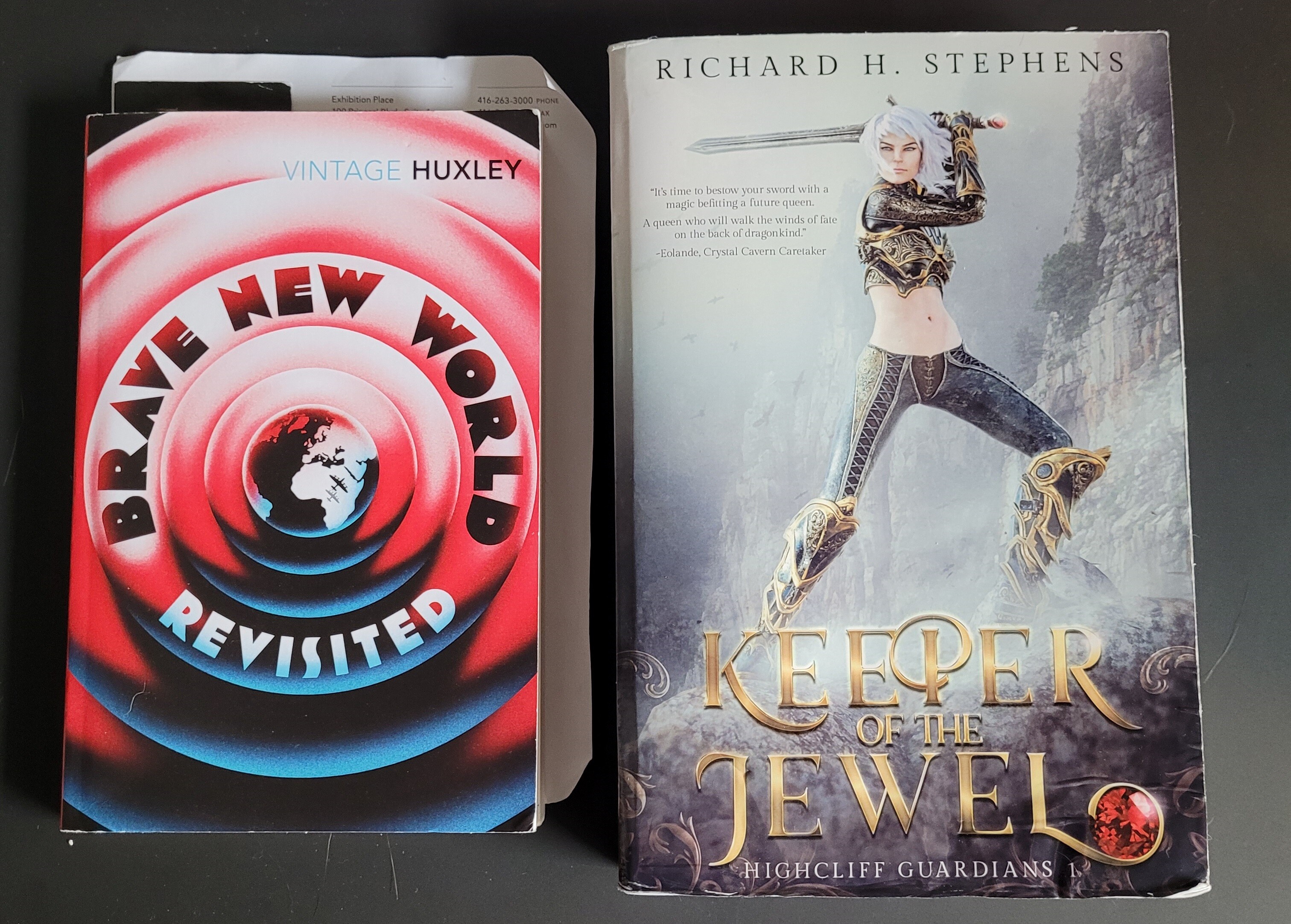
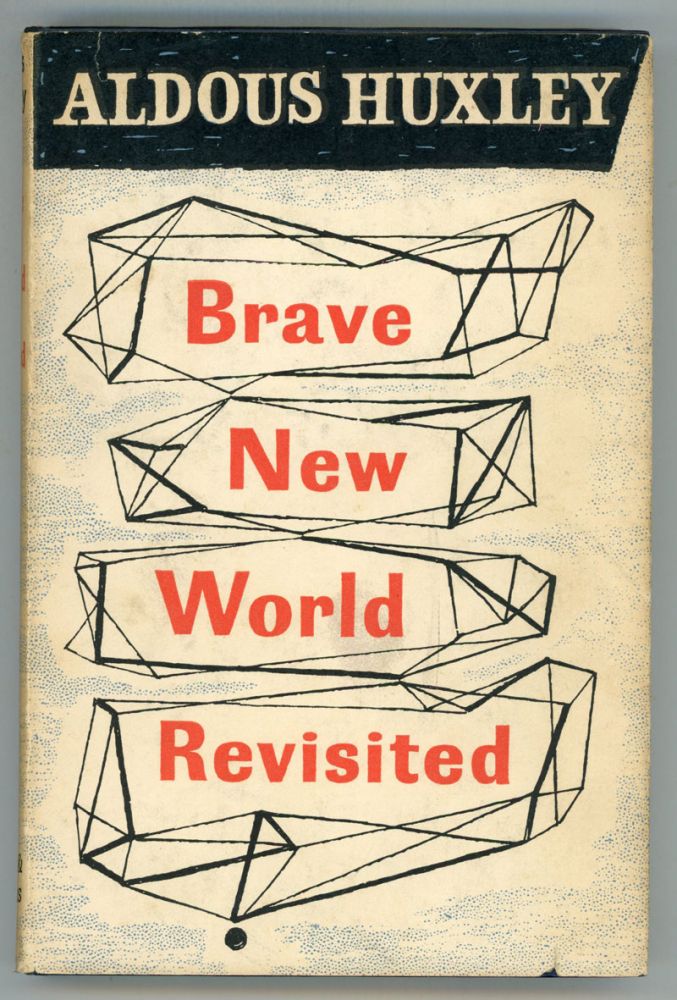

/cdn.vox-cdn.com/uploads/chorus_asset/file/25168149/delicious_in_dungeon_op.jpg)

